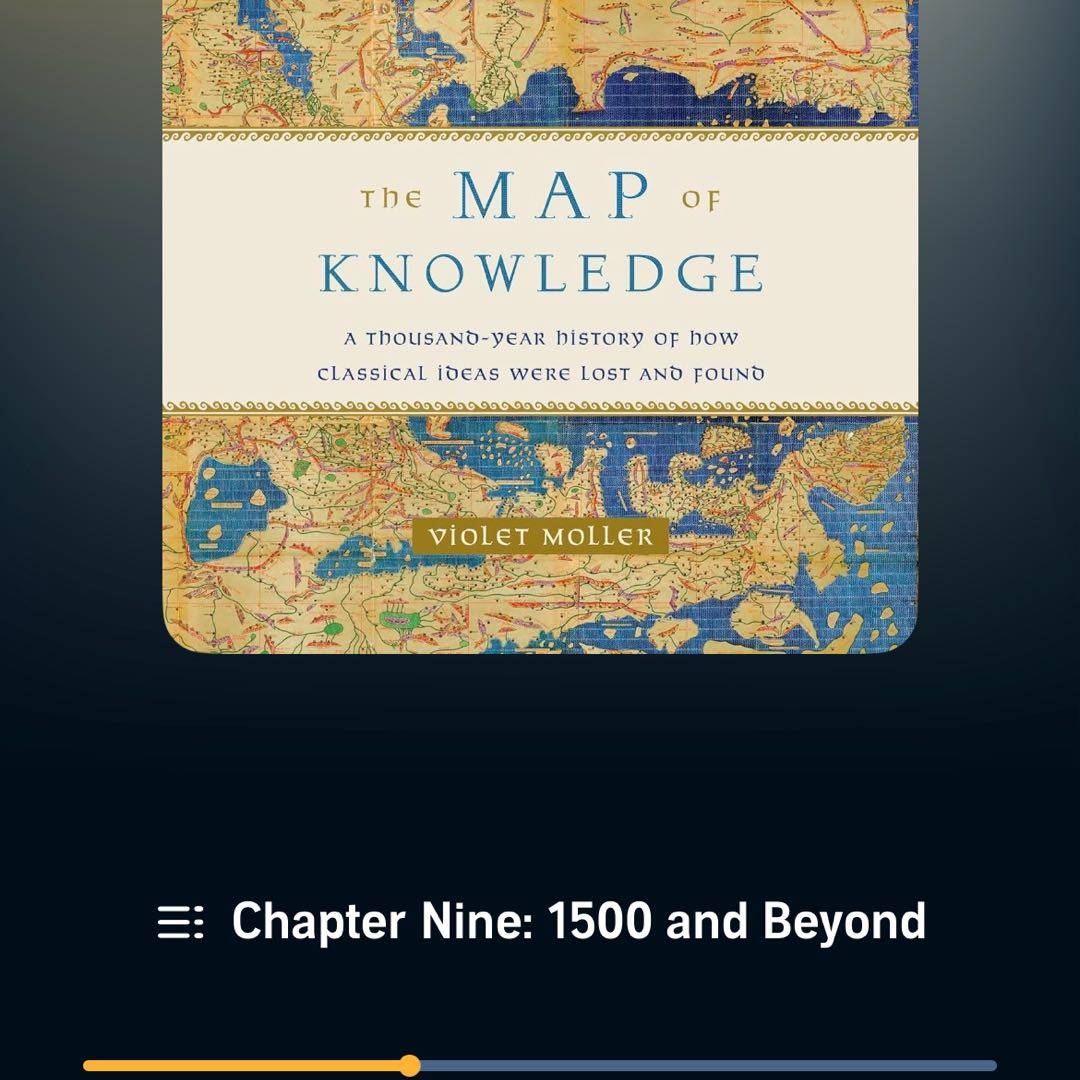
Never throw anything out!

Never throw anything out!
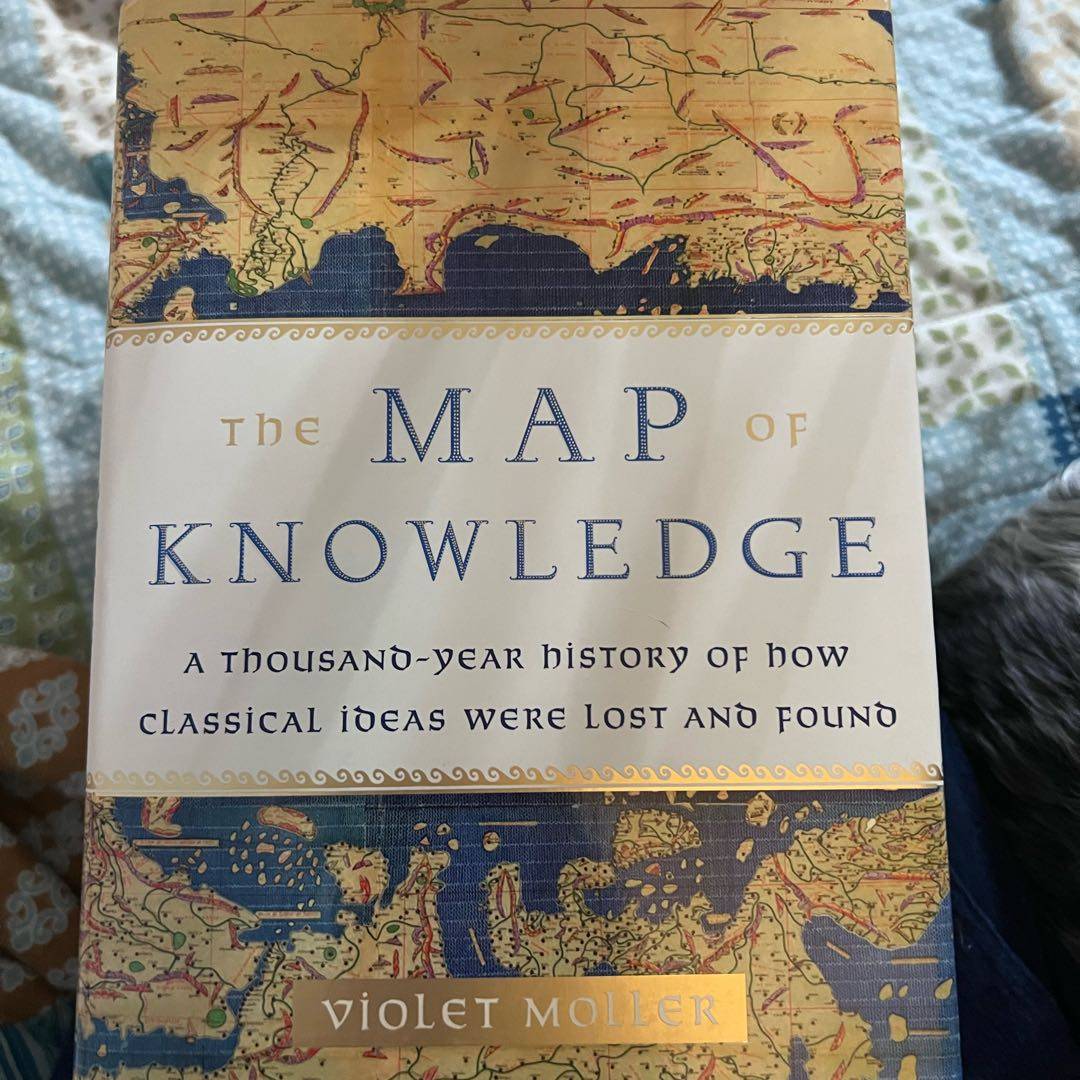
The cover is gorgeous which meant I must buy it….and hello - lost knowledge, libraries, books, and preserving knowledge - hope it‘s as good as the cover and blurbs!!
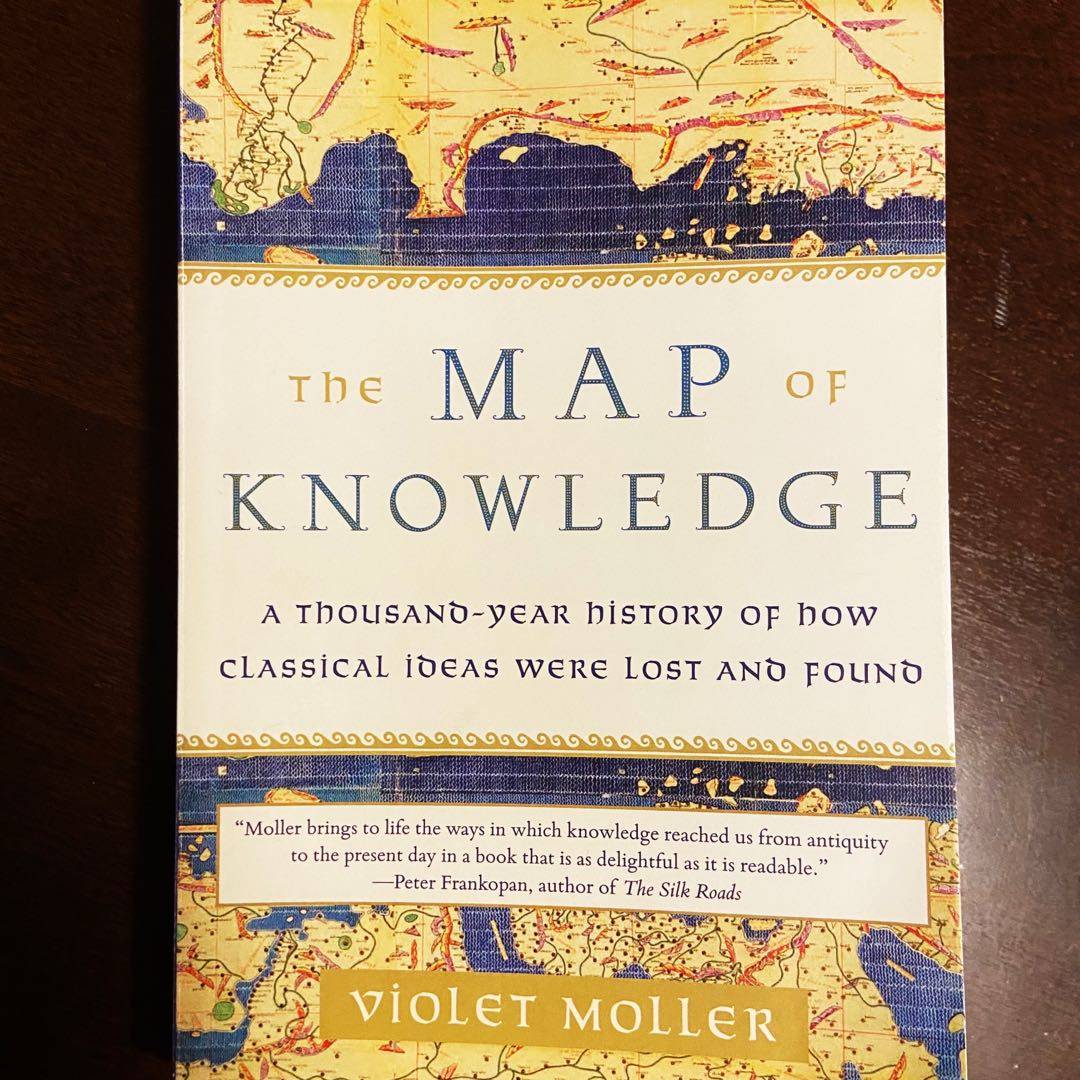
Moller follows classical works by Euclid, Ptolomy, and Galen as they are lost with the fall of the Roman Empire. Various scholars from Baghdad to Venice recover, translate, and disseminate these works throughout the Dark Ages. It‘s an interesting read, but it helps to be familiar with medieval history. I‘m grateful that I had previously read books about the Crusades, classical antiquity, and the Normans. 📜
All finished up! A little dry sometimes, but fascinating to learn about the chain of transmission of ancient Greek knowledge.
Little bit dry so far, but I think it's... just not really my normal area of interest and it'll take more work to stay engaged. That makes it slower, but not bad.
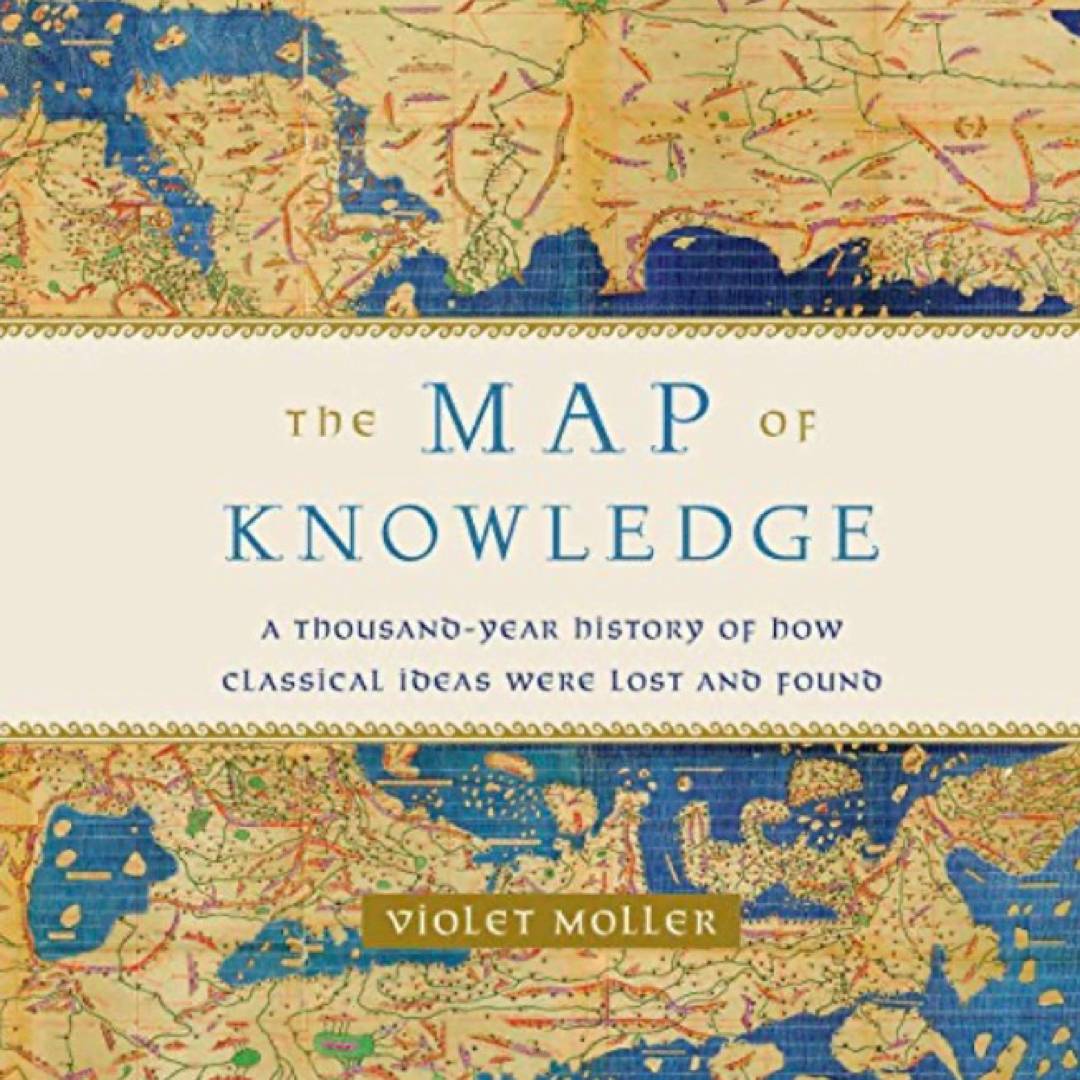
There are 2 things I think are really important to know about this book. 1 : it‘s amazing how much was going on, outside the bounds of what was taught in my World History class. And 2: the father of surgery, Khalid al-Zahrawi wrote a book titled “The Arrangement of Medical Knowledge for One Who is Not Able to Compile a Book for Himself”. It‘s petty and I love it.
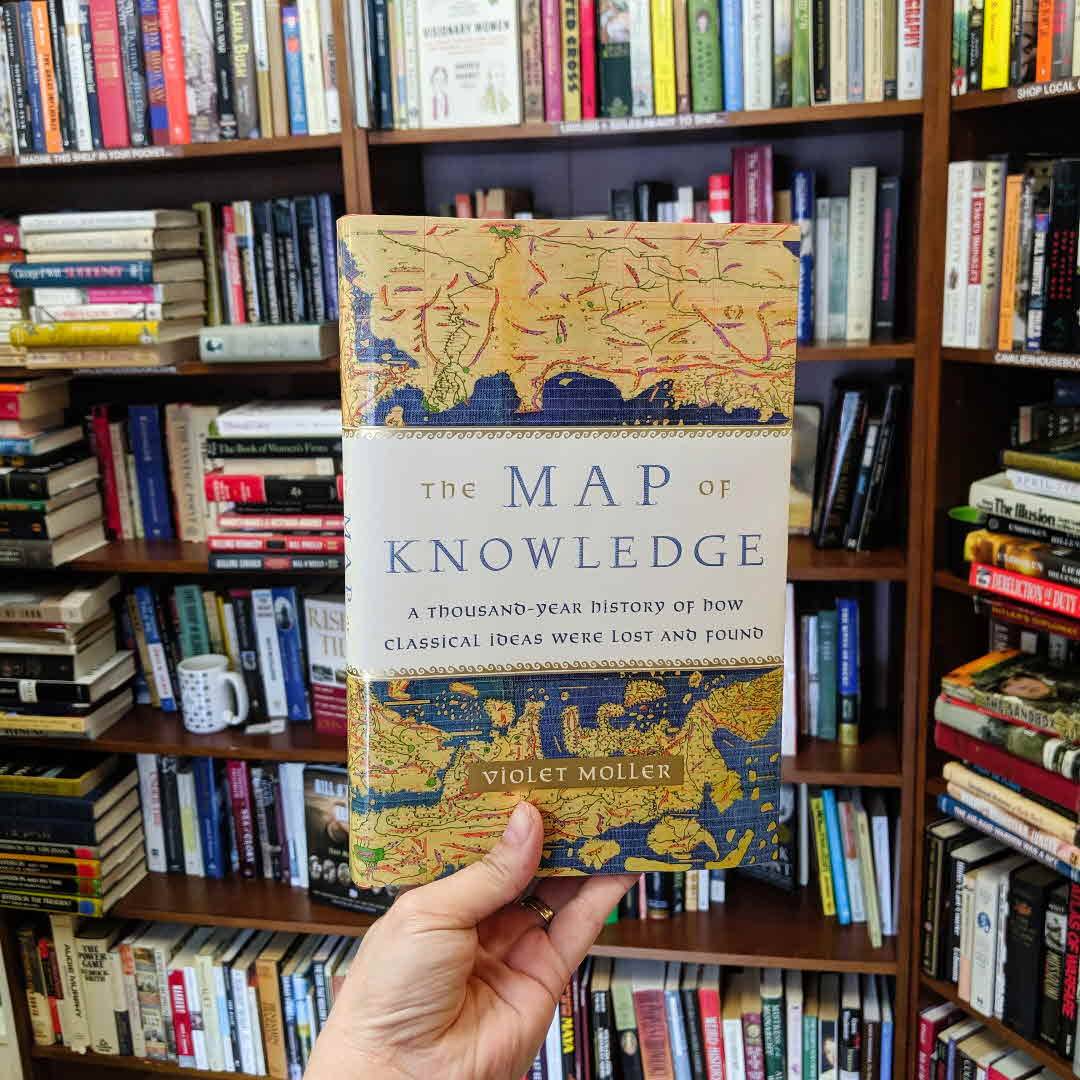
I'm not sure this book is for everyone, but it's definitely for anyone interested in the history of scientific knowledge. Dr. Moller brings us from the beginning with Euclid, Ptolemy, and Galen, men who contributed to math, astronomy and medicine. From there we follow their manuscripts through a thousand years of prosperity, war, renewal, and full on revival. Truly a fascinating story.
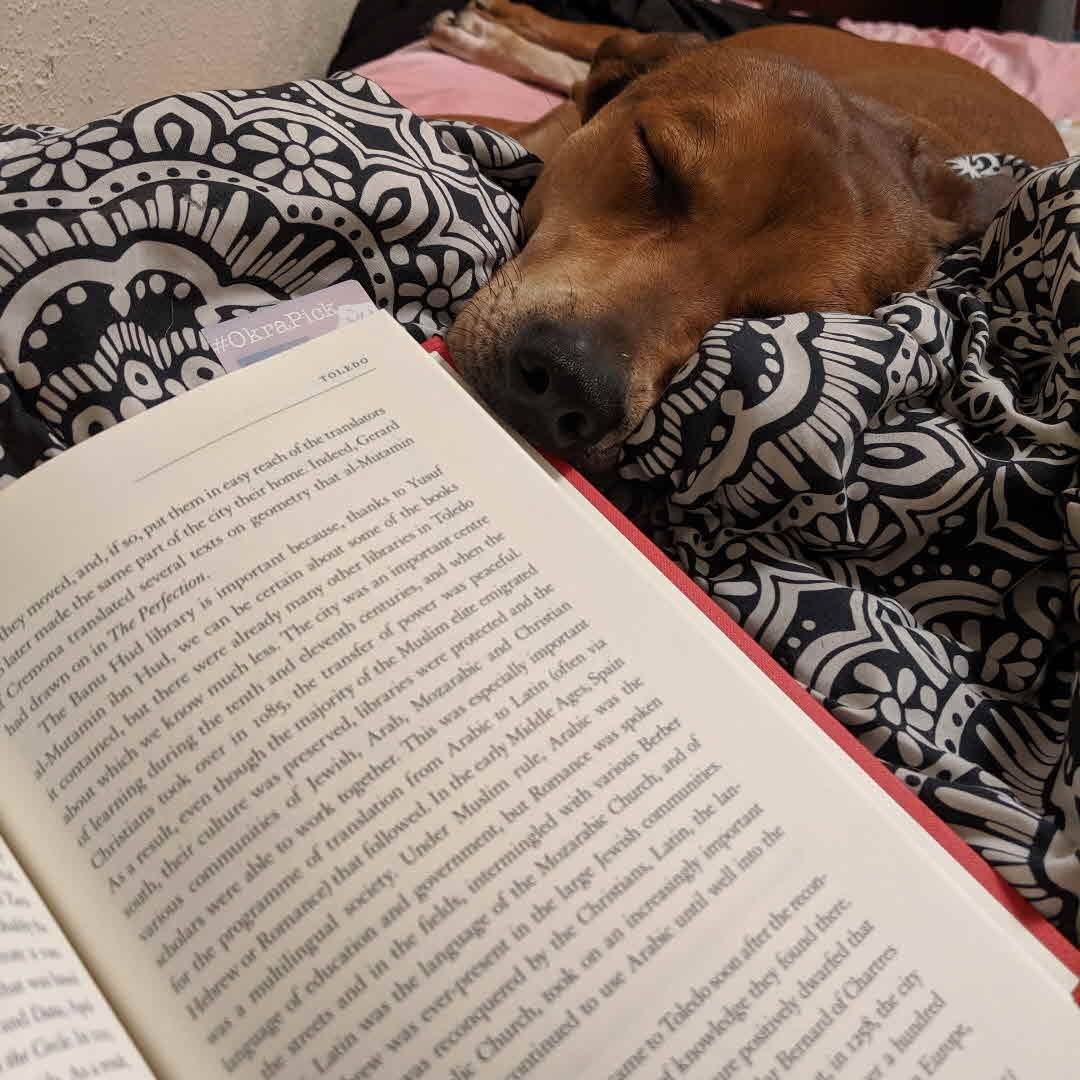
My reading companion. 🥰
In the Arab schools of Cordova and Toledo, were gathered, and carefully preserved for us, the dying embers of Greek learning.
- Ahmed ibn Mohammed al-Makkari,
The History of the Mohammedan Dynasties in Spain
"But the reality is that huge swathes of ancient culture were lost on the long journey to the twenty-first century. Only a fraction has survived: seven of the eighty or so plays by Aeschylus, seven of the one hundred and twenty by Sophocles, eighteen or if ninety-two by Euripides."
Heartbreaking. ??